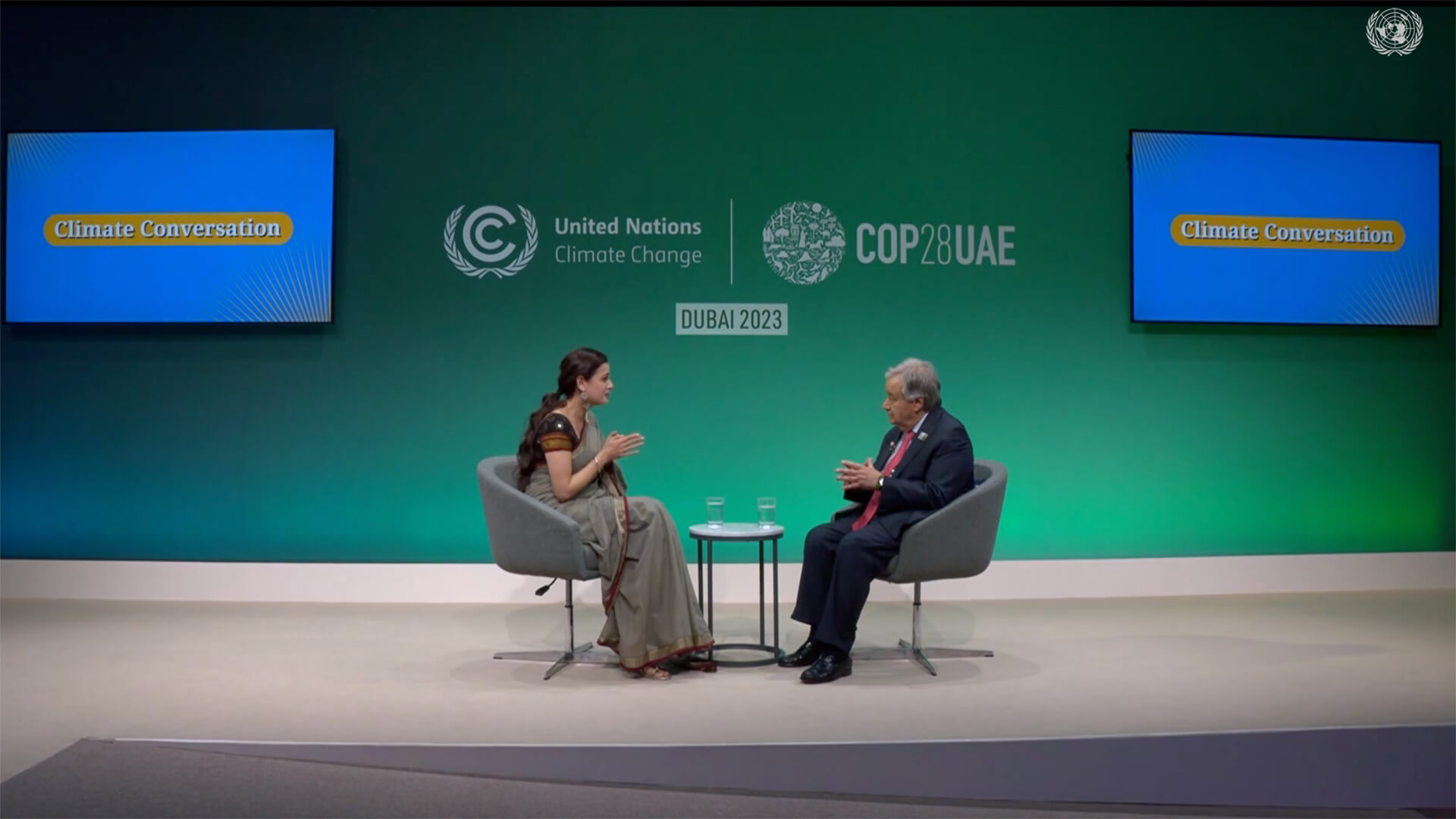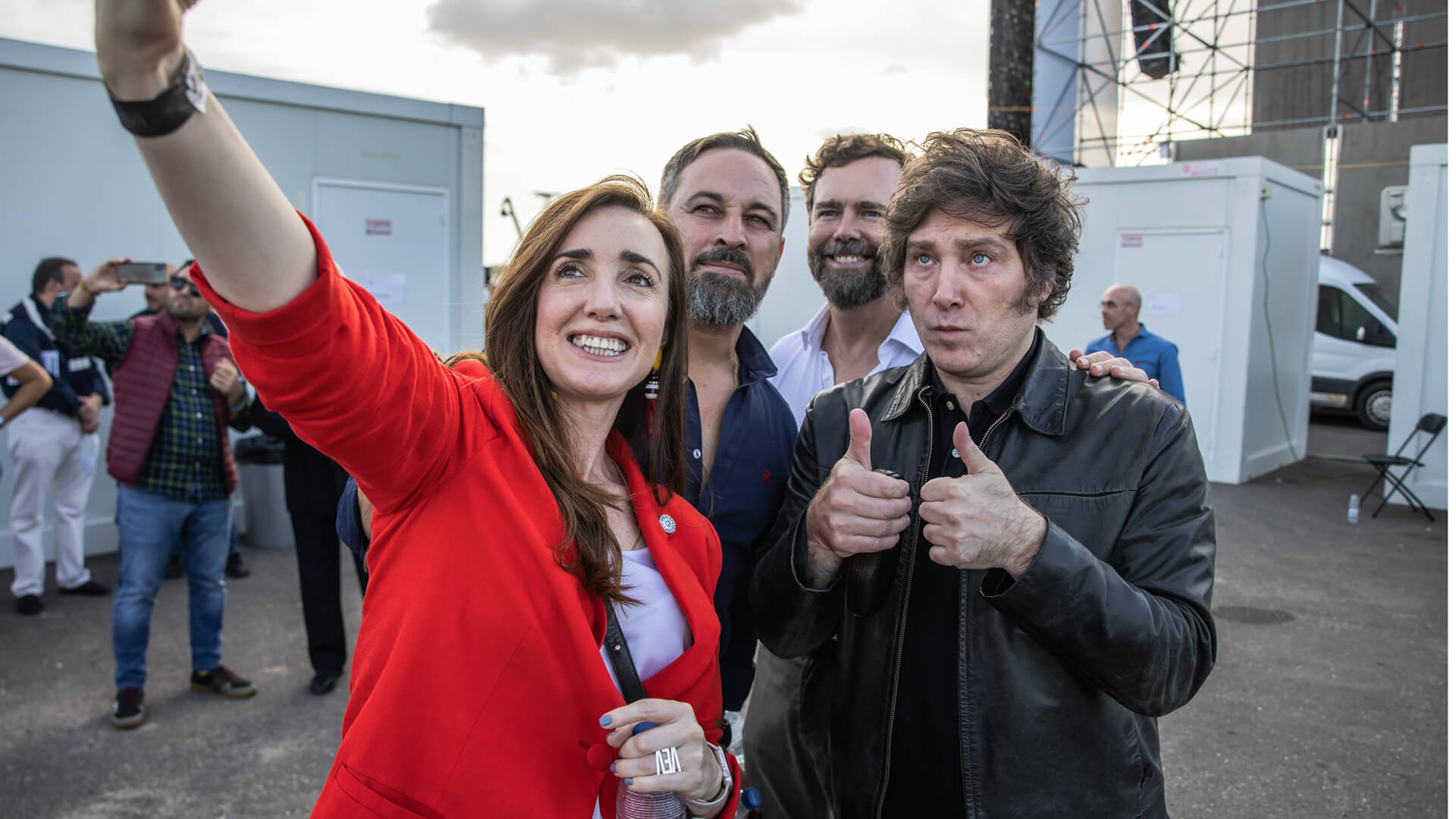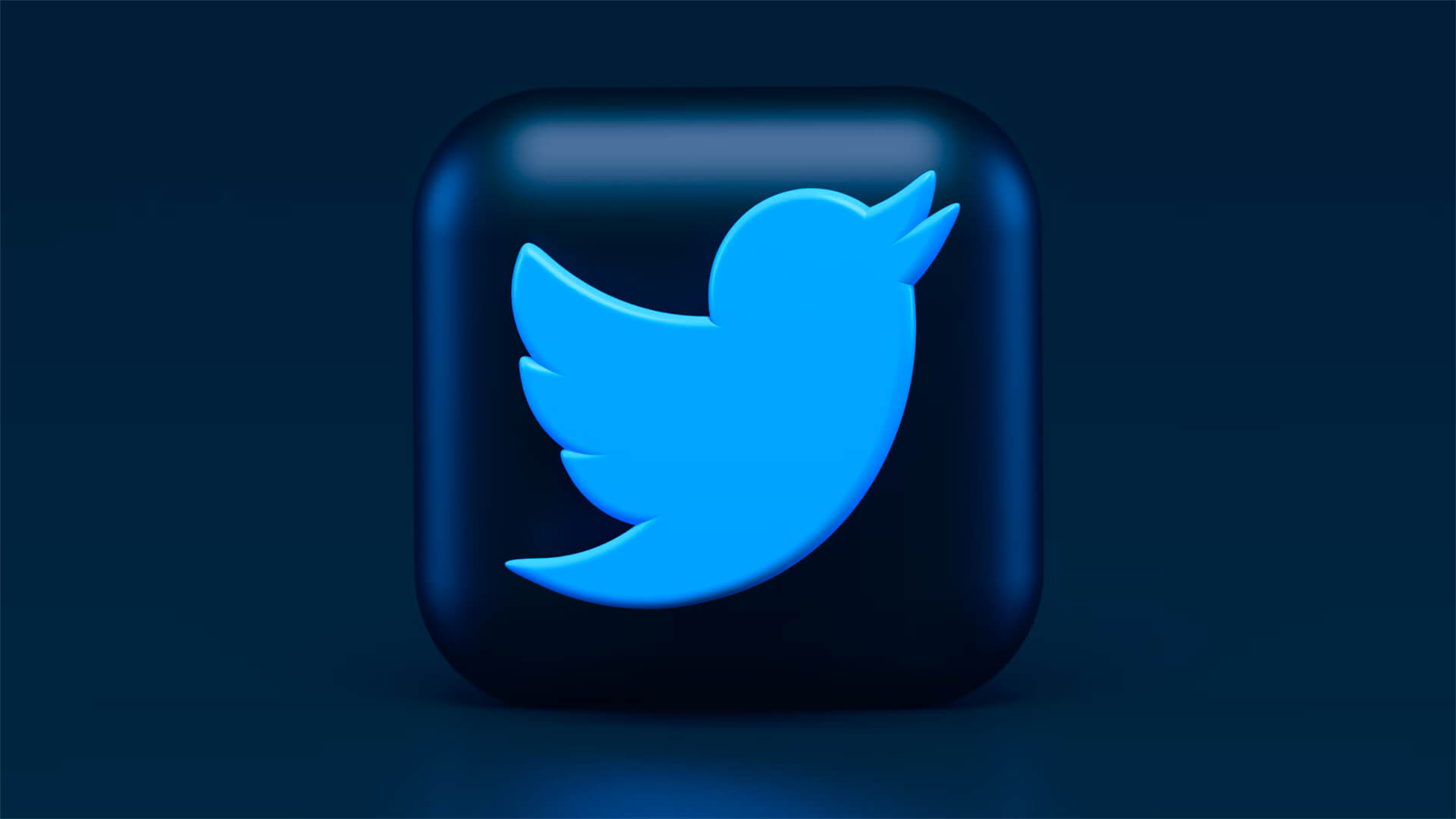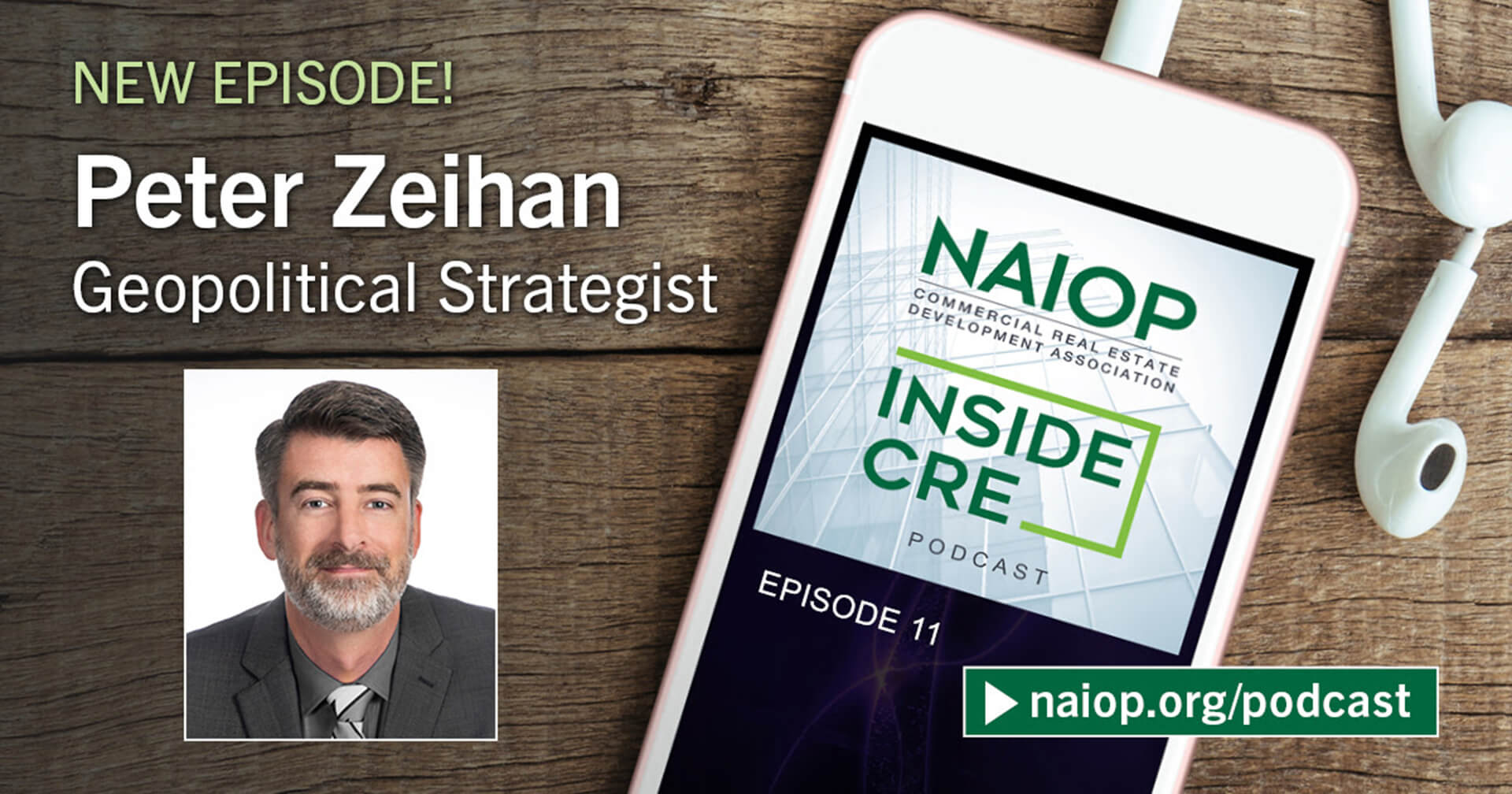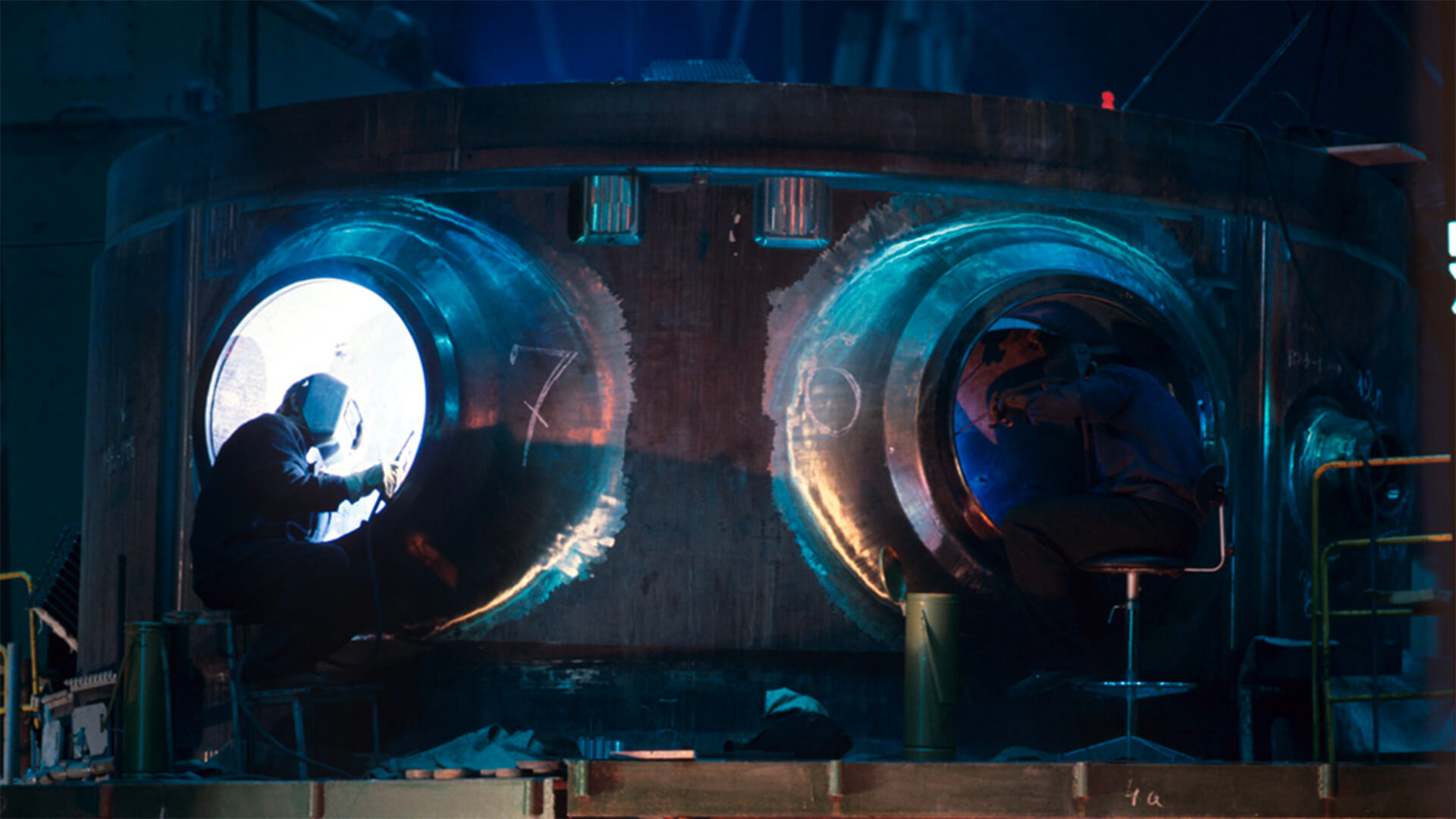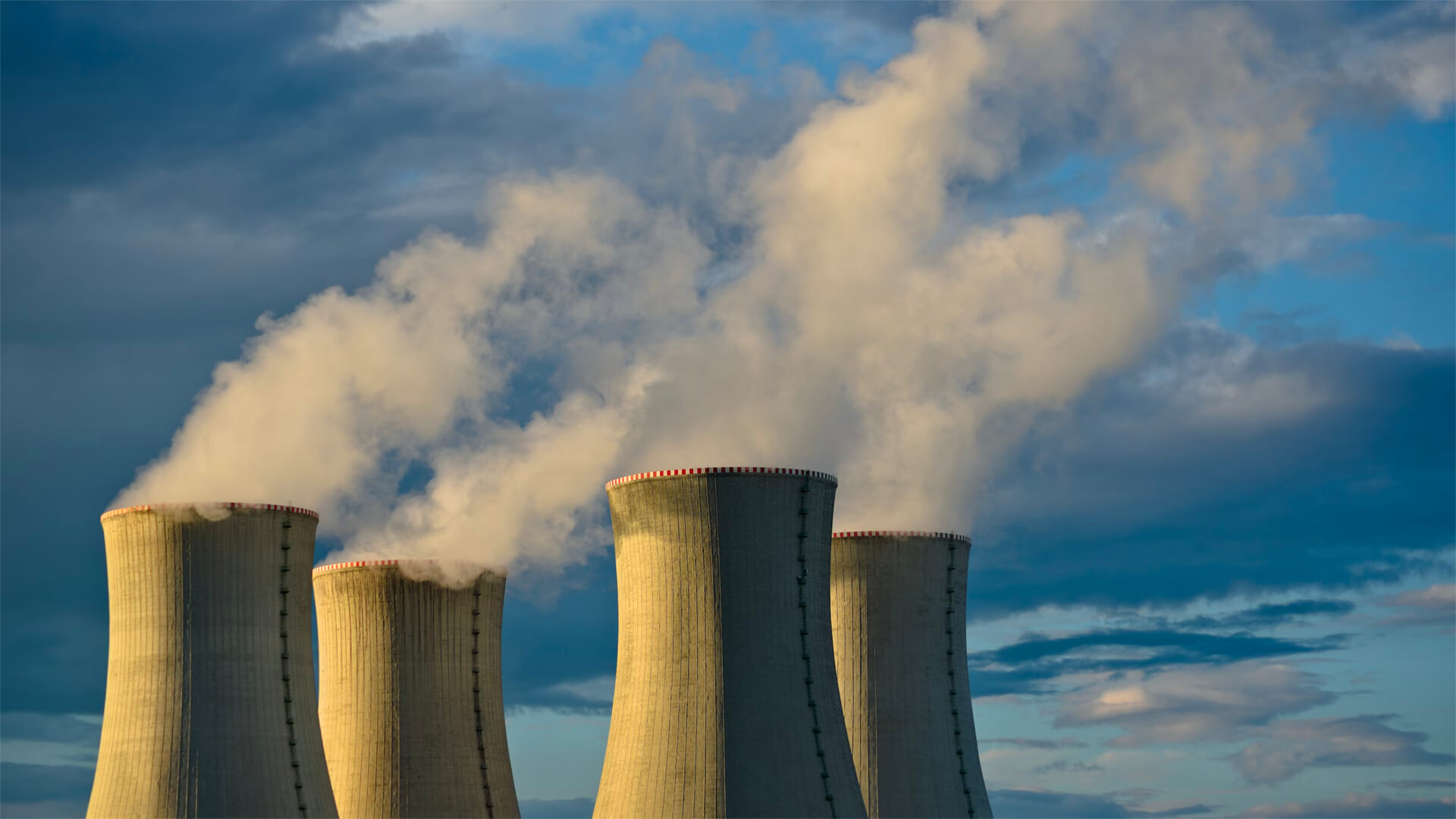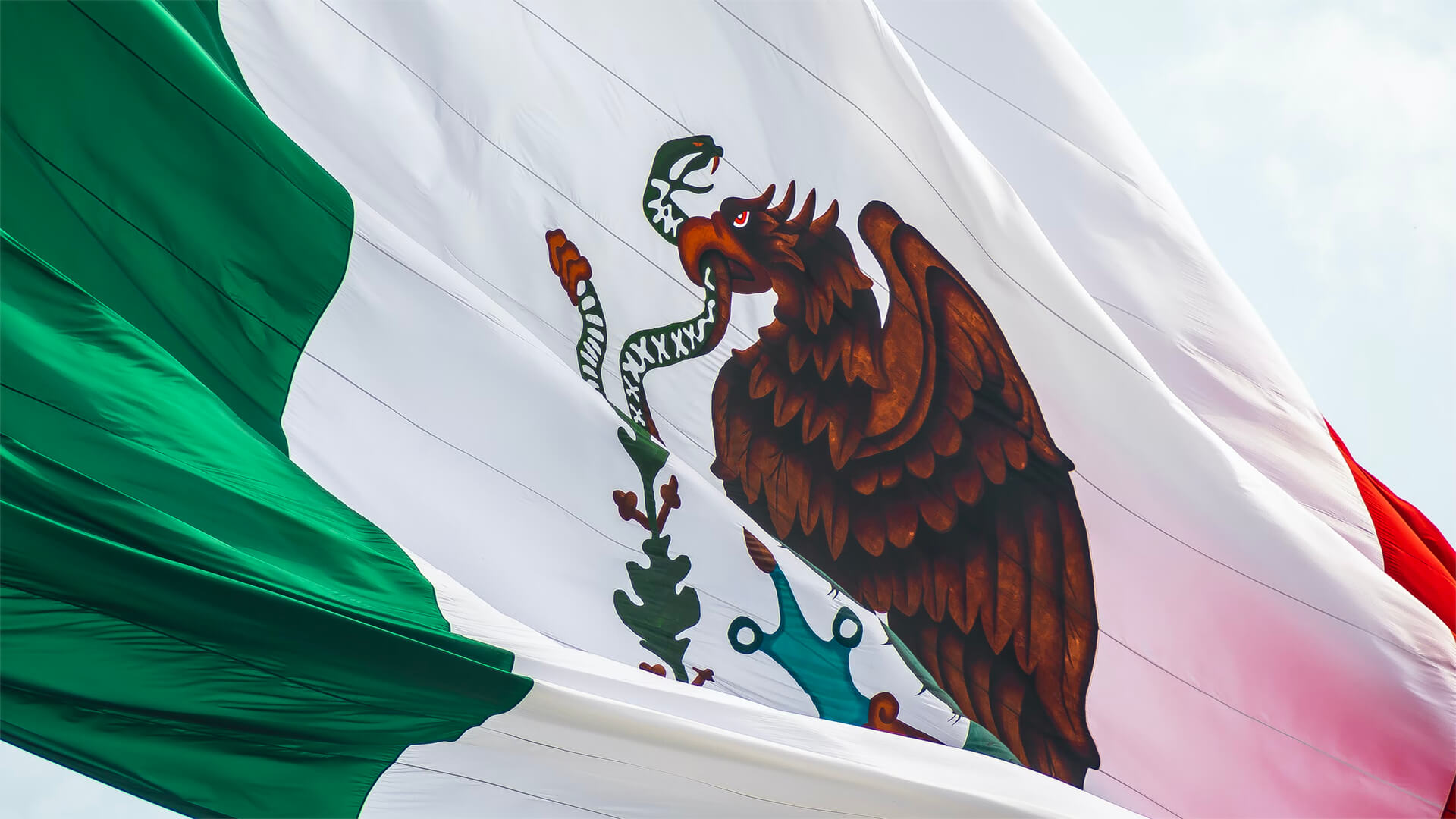There’s been a series of explosions along one of the main lines of the Trans-Siberian rail network. To fully understand the significance of these attacks, we must look at Russian exports, alternative options, and what maintenance looks like.
These explosions could cause disruptions to Russian exports, specifically those bound for China, but the lack of alternative routes and limited maintenance capabilities could be the nail in the coffin.
Ukrainian officials have claimed responsibility for these attacks – unofficially, of course. Regardless, Russia’s economy could be facing a severe blow if these explosions continue.
Here at Zeihan On Geopolitics we select a single charity to sponsor. We have two criteria:
First, we look across the world and use our skill sets to identify where the needs are most acute. Second, we look for an institution with preexisting networks for both materials gathering and aid distribution. That way we know every cent of our donation is not simply going directly to where help is needed most, but our donations serve as a force multiplier for a system already in existence. Then we give what we can.
Today, our chosen charity is a group called Medshare, which provides emergency medical services to communities in need, with a very heavy emphasis on locations facing acute crises. Medshare operates right in the thick of it. Until future notice, every cent we earn from every book we sell in every format through every retailer is going to Medshare’s Ukraine fund.
And then there’s you.
Our newsletters and videologues are not only free, they will always be free. We also will never share your contact information with anyone. All we ask is that if you find one of our releases in any way useful, that you make a donation to Medshare. Over one third of Ukraine’s pre-war population has either been forced from their homes, kidnapped and shipped to Russia, or is trying to survive in occupied lands. This is our way to help who we can. Please, join us.
TranscripT
Hey everyone. Peter Zeihan here coming to you from chilly Colorado. The news is that last week, on Tuesday the 20th, I believe, a series of explosions hit a couple of pieces of Russian infrastructure in the Far East in southeastern Siberia. Specifically the Sarah Mosque tunnel, which is part of the Trans Siberian network, specifically the Buckle Aylmer main line were hit.
And then a few hours a day later, details are a little fuzzy. A similar line in the vicinity of the tunnel was also hit, which is serves as the backup for the tunnel, a place that they call the Devil’s Bridge. Some anonymous Ukrainian security officials have claimed responsibility for the attack. I can’t tell you if that is true or not.
What I can say is that we’ve got three things going on here. Exports, options and maintenance. So first, exports. Since the Ukraine war began, the Russians have only found it more and more difficult to get their product to market. The Europeans were the natural market. They were the closest for most oil and gas, even a lot of the minerals.
And so when they decided, for whatever reason to stop buying it, a lot of this stuff ended up in China. And for that, the Koreans Siberian rail system is critical. It provides probably 80% of the cargo capacity for land based stuff. And more stuff is going on lands than ever before. Also, all of these lines of which there are basically five, you’ve got one that’s the least important that kind of goes down into Kazakhstan before going over into emersion, Zhejiang.
That’s the least used and the most Frankenstein, the other for all parts of the Trans Siberian system that does cross over the mountains on the passes into China at different places. But all of them collectively are the only way to get things to China. And they’ve all been running at more than 100% capacity, which, you know, we’ve been kind of waiting for a safety situation to boil up, to knock things off line.
And now it’s been done, at least in part by an attack. And when a blight is being used at more than 2% capacity, that means you can’t just ship it to alternatives, even if you’re willing to turn your train around for off people, can you back up the trains you depot? Anyway, point is that one of the four lines, at least for the moment, is off line completely.
Second options. You’ve got these four lines, one that crosses through Mongolia, two that go into northeastern China and one that goes all the way over to the Russian Far East, where things can be kind of repackaged and put on ships. No one lives in Siberia because they want to. I mean, there’s a reason why this is where all the prison colonies were.
Some of the more stable lines, like the bomb line that was hit, are on permafrost, which is not particularly stable. Something happens to the permafrost. The whole thing just kind of sinks in. And it looks like, at least on one of these attacks, a rail car that was full of fuel was hit. So we’ve seen in other parts of the conflict in Ukraine how that can go bad really, really quickly.
Because of this. There are not a lot of population centers along this entire route. In fact, less than 10% of Russia’s population lives along this line. Everybody else is on the western Russia where it’s, you know, warm. And because of that finding, repair crews in the first place might be really difficult. You’re dealing with a lot of tunnels, a lot of bridges, a lot of canyons, a lot of permafrost, a lot of territory where if there is damage, you don’t just slap down some fresh line and start up.
And a road takes years. When this line was built back in the seventies and eighties, the Russians wouldn’t even allow any foreign observers to see it because it was so shoddily put together and it could only operate reliably over about a third of its length. And this was when the Soviets actually had engineers. post-Soviet Russia really doesn’t. And as we’ve seen with the Kerch Bridge, which connects the Russian mainland to Crimea, you know, that was hit over a year ago now, and it’s still not running at full capacity.
So doing repairs in this area is no minor issue. Of course, getting information out of this area is no minor issue as well. Anyway, third maintenance. The Russian educational system collapsed 35 years ago and so there aren’t a lot of people who are, I would consider to be fully capable of claiming the term engineer. In fact, the younger of them turn mid-sixties this year.
Also, everyone that the Russians have who can repair physical infrastructure is in the Ukraine theater right now because the Ukrainians have been blowing up rail depots and rail lines in bridges and roads and everything for a year and a half now. So there just isn’t a lot left that the Russians can use if all of a sudden they’re getting hit on a very, very exposed, vulnerable place 4000 miles east of Moscow.
If this was the Ukrainians or really if this was anyone who really means the Russians ill will, this is an excellent strategy because the Russians barely have the military capacity to patrol their own lands in western Russia abutting Ukraine, much less 4000 miles. The other direction, 5000 miles, the other direction. This is something that can really hit to the heart of their economic plans in a postwar scenario, because if they can’t get the stuff to the Chinese, the Chinese aren’t going to pay for it.
And there’s really only three other lines now that this stuff could be shipped. And so if this is real, we’re going to find out about it really, really fast because there’s just so many points of exposure and so many failure points throughout this part of the Russian system. It would be an easy way to take down the Russian economy far more effectively than anything we’ve seen with sanctions so far.
All right. That’s it. Stay warm.


